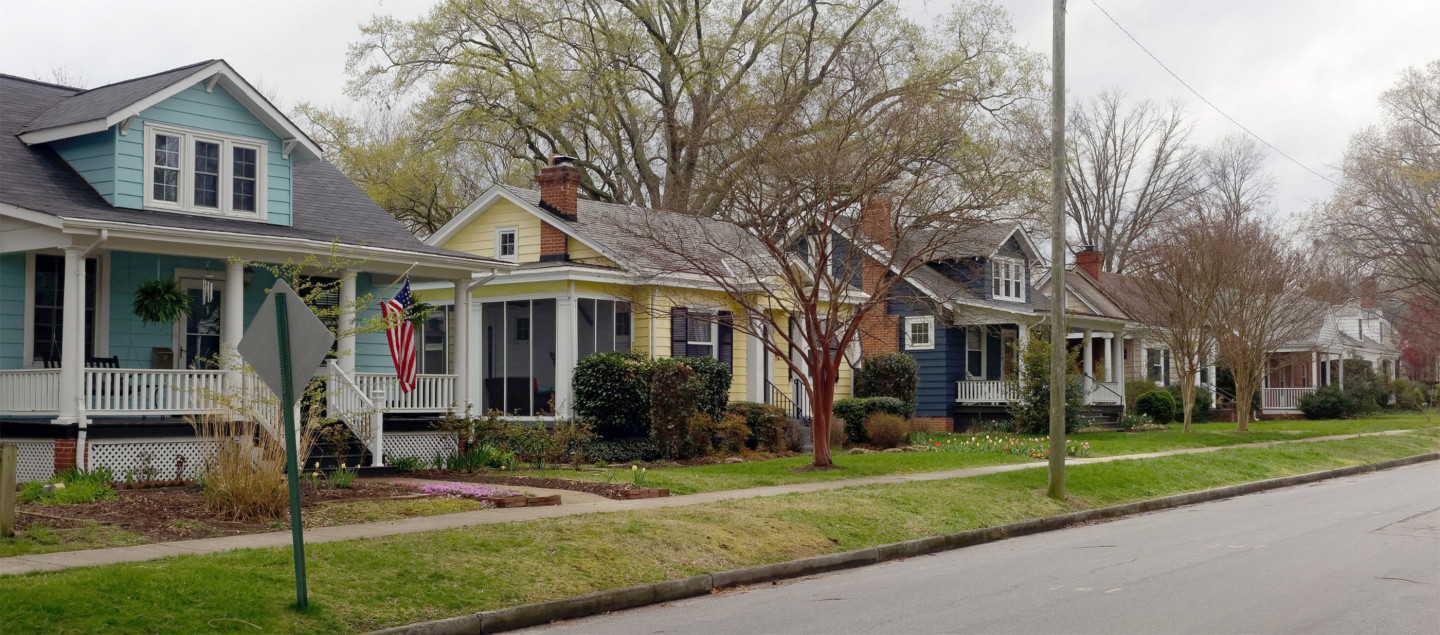Rural renters face greater housing cost burden than homeowners, cost of utilities a factor

Rural communities are typically considered affordable places to live. A recent article published by Michael Gawrys and Professor Andy Carswell in the Journal of Rural Studies provides a more nuanced understanding of housing affordability among rural renters. The researchers evaluated a broad framework of characteristics – space, tenure, structure type, adequacy, and neighborhood – to better detect differences in household vulnerability to housing cost burden (paying more than 30% of income on housing costs).
The research was designed to communicate whether housing characteristics either increase or decrease the odds that a household is cost-burdened. After all, a household spending 30 percent or more of its income on housing offers researchers a clear means of measurement. Holding all non-geographic variables constant, the finding suggests that the characteristic of ‘rural’ has an inverse relationship to the housing cost burden. This suggests that the rural designation does not on its own significantly contribute to the average household’s measure of cost burden. However, renters had a strong statistical relationship and were approximately four times more likely to be cost-burdened than their homeowner peers. The research found evidence that rural renters are disproportionately subjected to housing cost burdens. It is the nuance associated with combining geography and tenure that serves to offer a compounding impact on rural households. Interestingly, utilities, as an added cost of housing, play an overwhelmingly large role in understanding the constructs of this particular relationship.
Key findings from the study:
- The research found evidence that rural renters experience a disproportionately higher share of housing cost burden.
- Combining geography and tenure (specifically, renting) has a compounding impact.
- Utilities are an added cost of housing and play a significant role in cost burden experienced by rural renters.
What did you, as researchers, find most interesting about this study?
Michael Gawrys
Research on rural housing is very limited. While conducting this research, we found that rural housing is often relegated to the category of "all other" – an otherwise proxy of that which is "not urban". So, we must be more resourceful in identifying the differences in the rural experience.
The notion that rural communities suffer from housing burden should not be taken as a given; instead, we must understand the specific pain points.
Citation: Gawrys, M. R., & Carswell, A. T. (2020). Exploring the cost burden of rural rental housing. Journal of Rural Studies, 80, 372-379.
Link: https://doi.org/10.1016/j.jrurstud.2020.10.013
Michael Gawrys is a doctoral student in the Housing Management and Policy program at UGA. Dr. Andrew Carswell is a professor in the Housing Management and Policy program and associate faculty member of the Center for Housing and Community Research.